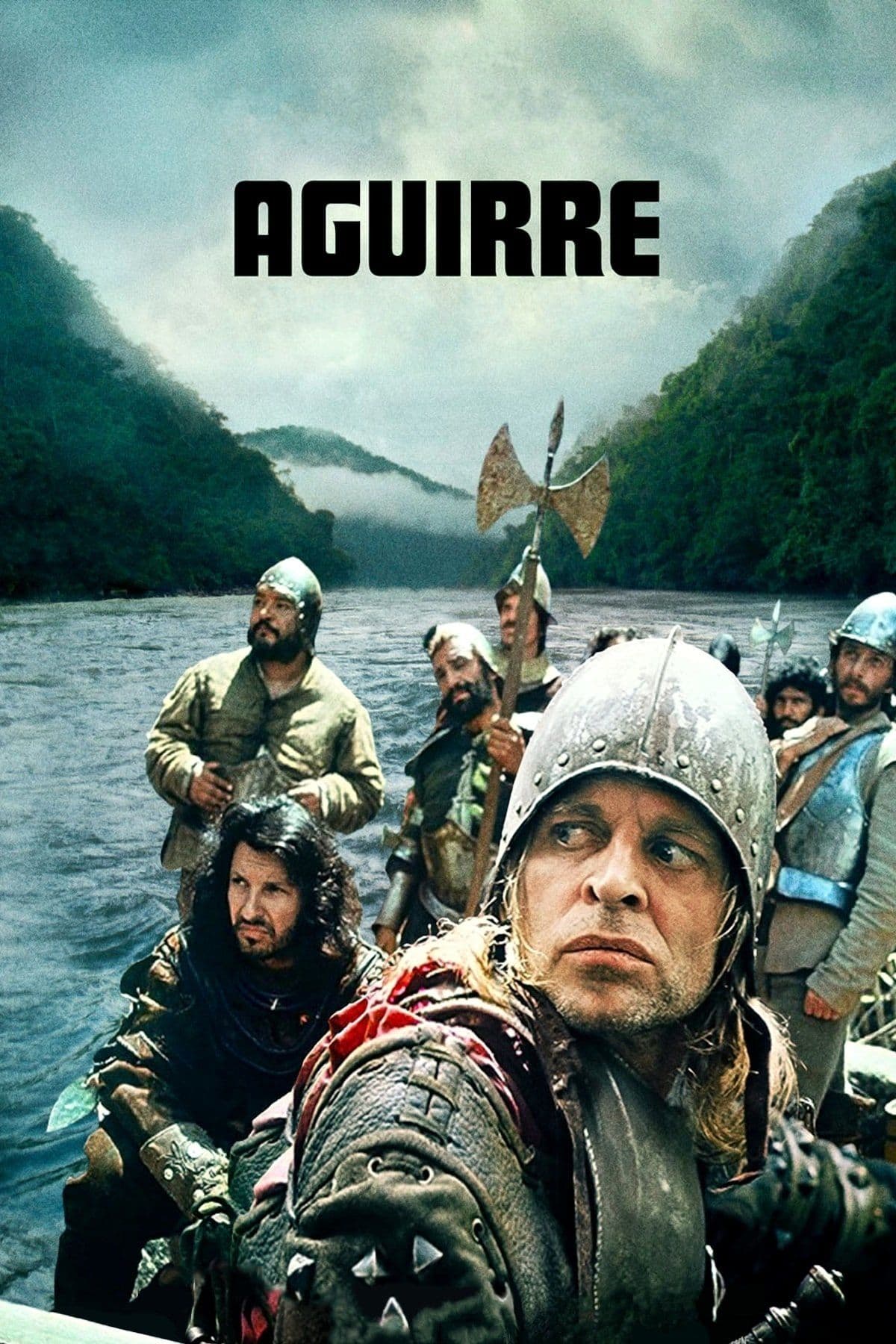
Aguirre, the Wrath of God
1972
Rate this movie
Average: 5.00 / 5
(1 votes)
Director
Werner Herzog at his most mature work. Not simply a film, but a liminal experience, a hallucinatory journey into the heart of darkness of human ambition, forged in the incandescent crucible of Herzog's so-called "ecstatic truth." This is not the truth of journalism or slavish historical reconstruction, but a deeper truth, one that emerges when factual reality dissolves to reveal the archetypal essence, the collective subconscious.
Klaus Kinski plays a Spanish soldier searching for El Dorado, the mythical city of gold lost in South America. It's not just a role, it's an incarnation. Kinski doesn't just act: he becomes Aguirre, the traitor, the usurper, the mad conquistador who embodies colonial megalomania at its most paroxysmal peak. His gaze, a fissure of frozen yet ardent madness, is the pivot around which the entire downward spiral of the expedition revolves. It is a titanic performance, almost biblical in its demonic intensity, which crystallizes the complex and often tempestuous collaboration between director and actor, a productive synergy as legendary as it was dysfunctional, capable of generating pure art from the friction of two irreducible wills.
The expedition proceeds despite the titanic difficulties it encounters, a forest that seems to loom at every step with new threats and the Indio tribes living there determined not to let the company advance. But these difficulties are not external; they are the reflection, and at the same time the amplifier, of internal disintegration. The Amazon River, with its relentless current and endless meanders, is not just an exotic backdrop, but a character in itself, a riverine deity that impassively witnesses self-destruction. Every step forward is a deeper step into the abyss of paranoia and delirious grandeur, in a descent that evokes the darkest echoes of travel and discovery literature, from Joseph Conrad with his Kurtz in "Heart of Darkness" to Francis Ford Coppola, who in "Apocalypse Now" would transpose a similar delirium from the African jungle to the Vietnamese one, demonstrating the universality of this primordial madness.
Aguirre, in his obstinate madness to reach his goal, has those who oppose him killed, sinking step by step into an irreversible madness. His is not a simple thirst for gold, but a craving for absolute power, a desire to rewrite the laws of nature and society. He proclaims himself "Wrath of God," an epithet that not only reveals his megalomania, but also proves ironically tragic, as it is precisely the fury of nature and the indifference of the divine (or its absence) that seal his fate. He is the quintessence of the Promethean character, but devoid of any noble intent, animated only by a hypertrophic ego and a distorted vision of his own predestination.
A film centered on the great performance of the lead actor and Herzog's splendid direction. This direction is never intrusive, but becomes almost invisible, a detached eye observing the debacle with an almost documentary-like lucidity, yet imbued with a palpable dreamlike quality. The long takes, the minimalist use of dialogue and the ability to extract maximum emotional impact from extreme situations – much of which was real, given the exhausting production conditions and the actual risks taken by the crew – contribute to a total immersion of the viewer. Herzog doesn't just show the jungle; he makes us feel it, with its suffocating humidity, its alien sounds, its fauna indifferent to human agony.
In the background, the lush nature of the Peruvian Amazon, captured by cinematography that, despite using essential means, reaches peaks of spectral beauty. It is not an Edenic nature, but wild, relentless, indifferent.
The element of Nature is cardinal in the narrative structure and the ideological fabric underlying it: the confrontation with a Nature now an atrocious competitor, now a faithful companion, always distinguishes the protagonist's actions, sublimating them into a constant, diffused, vibrant tension. This nature is not an actively fighting enemy; it is a primordial, ancient force that simply is, and in its silent and persistent being, it ends up annihilating the fragile construct of human civilization. It is the great devourer, which reabsorbs attempts at conquest with the same tranquility with which it swallows the remains of the expedition, the bodies of the dead, the drifting hulls. Nature in "Aguirre" is the ultimate judge, and its verdict is oblivion, a scathing condemnation of anthropocentric presumption.
A work that sings of the eternal tension between man and environment, between human ambition and the fury of the elements, balancing between anthropocentrism and the tyranny of Nature. A film that offers no easy answers, but poses uncomfortable questions about the human psyche, the impulse to conquer, and our irremediable smallness in the face of the immensity of a world that does not belong to us. It is an elegy for a lost era, and at the same time a chilling warning for every era, resonating with a power that transcends its historical frame to become a universal parable on downfall, hubris, and the unstoppable march towards madness.
Country
Gallery
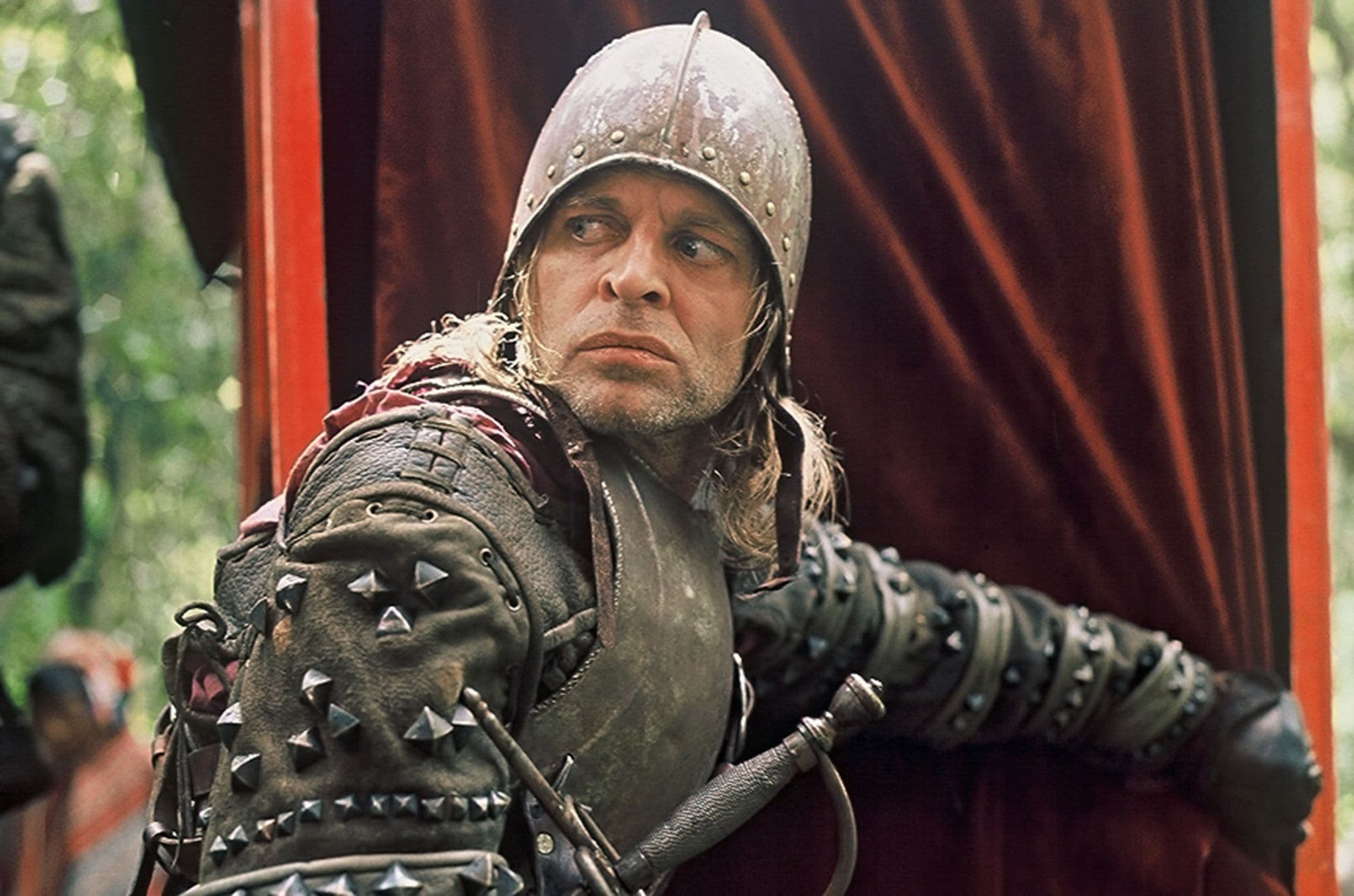
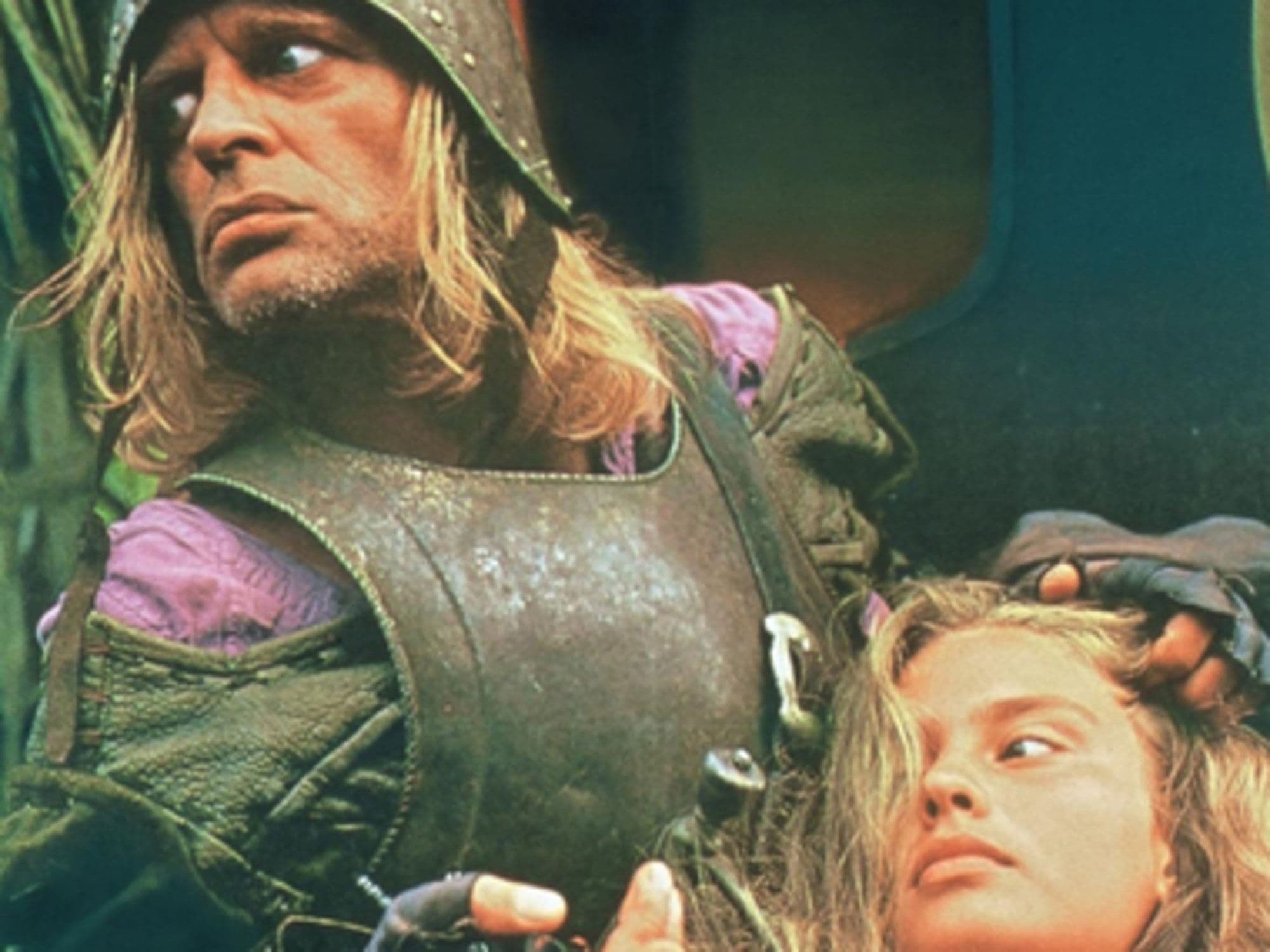
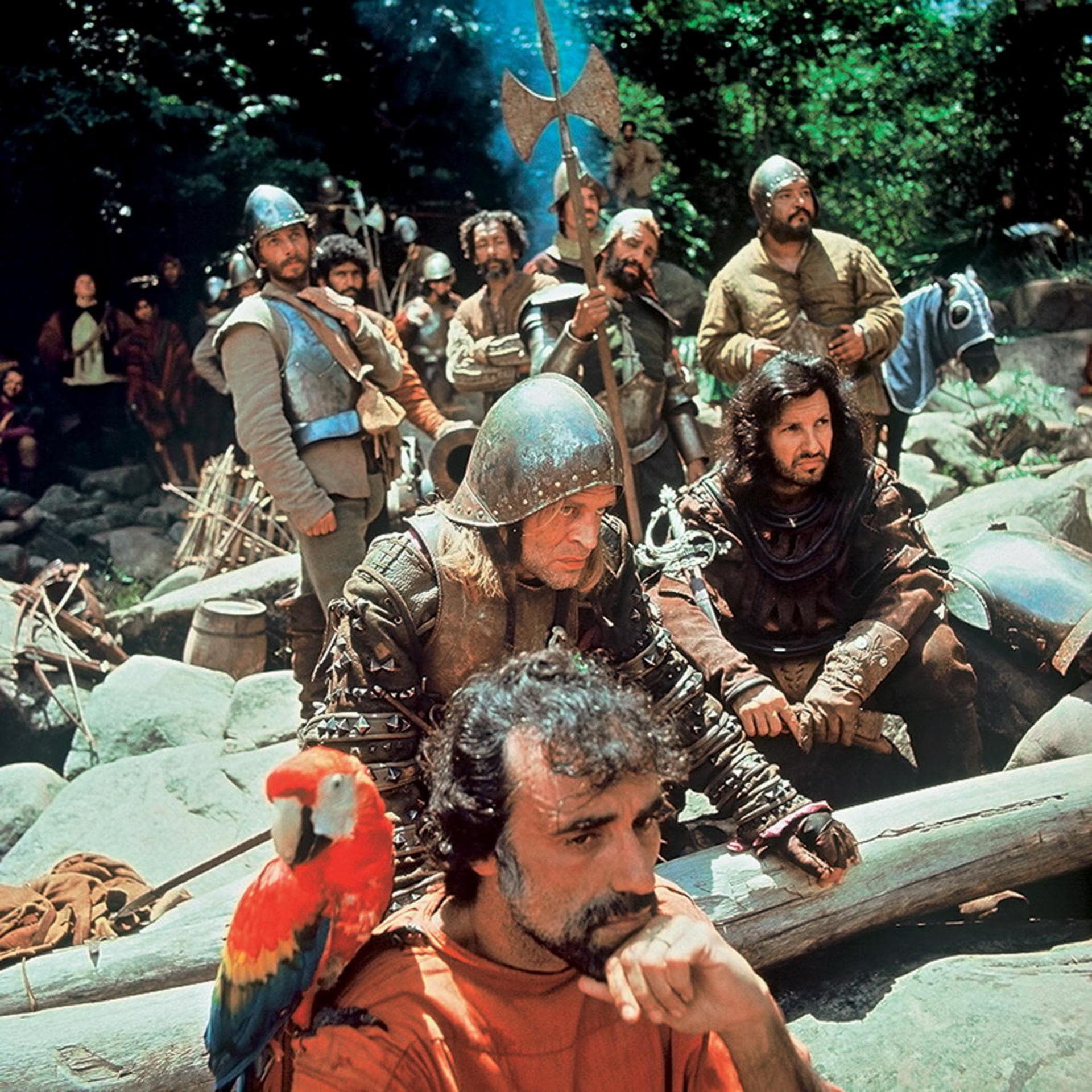
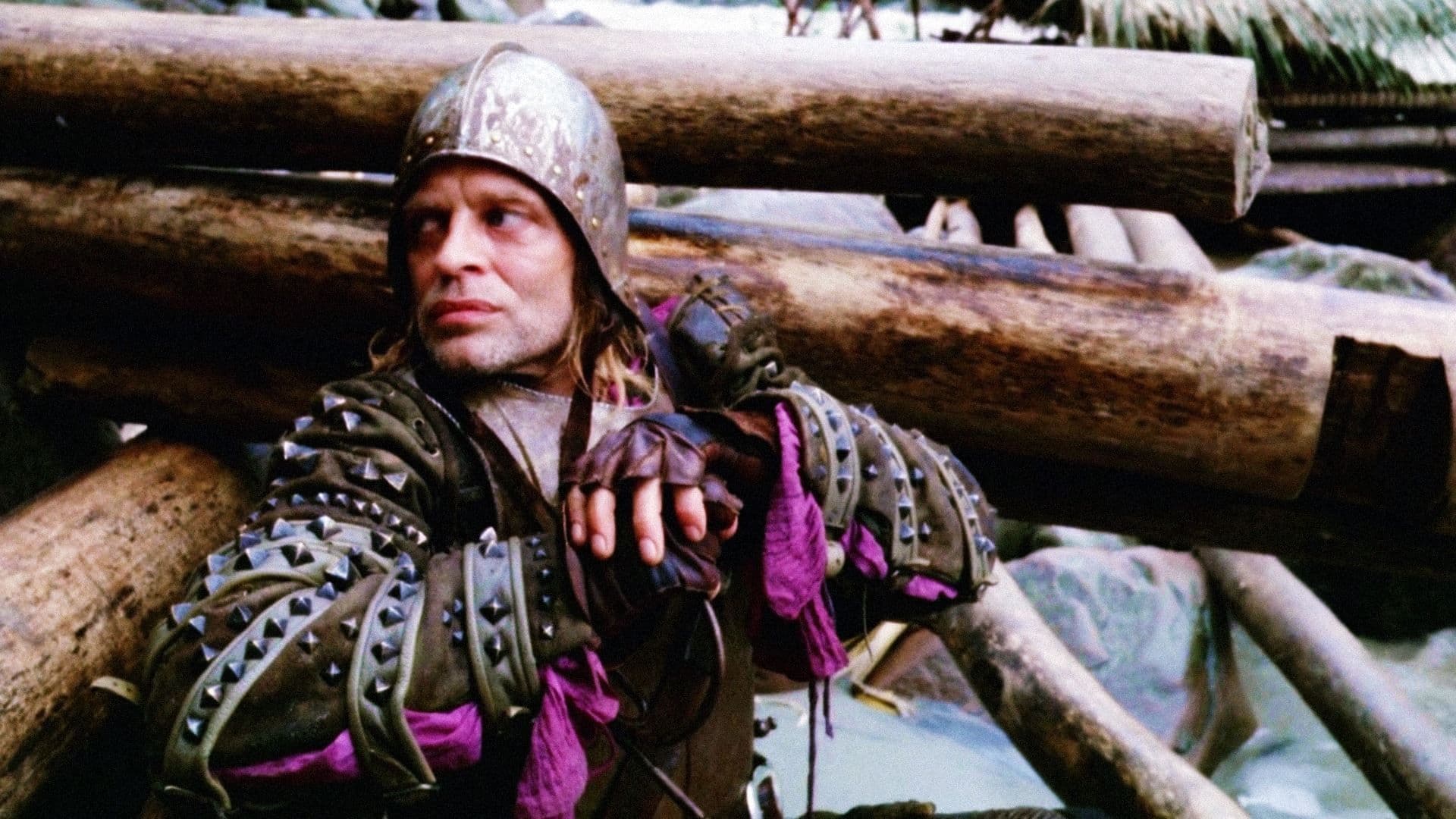
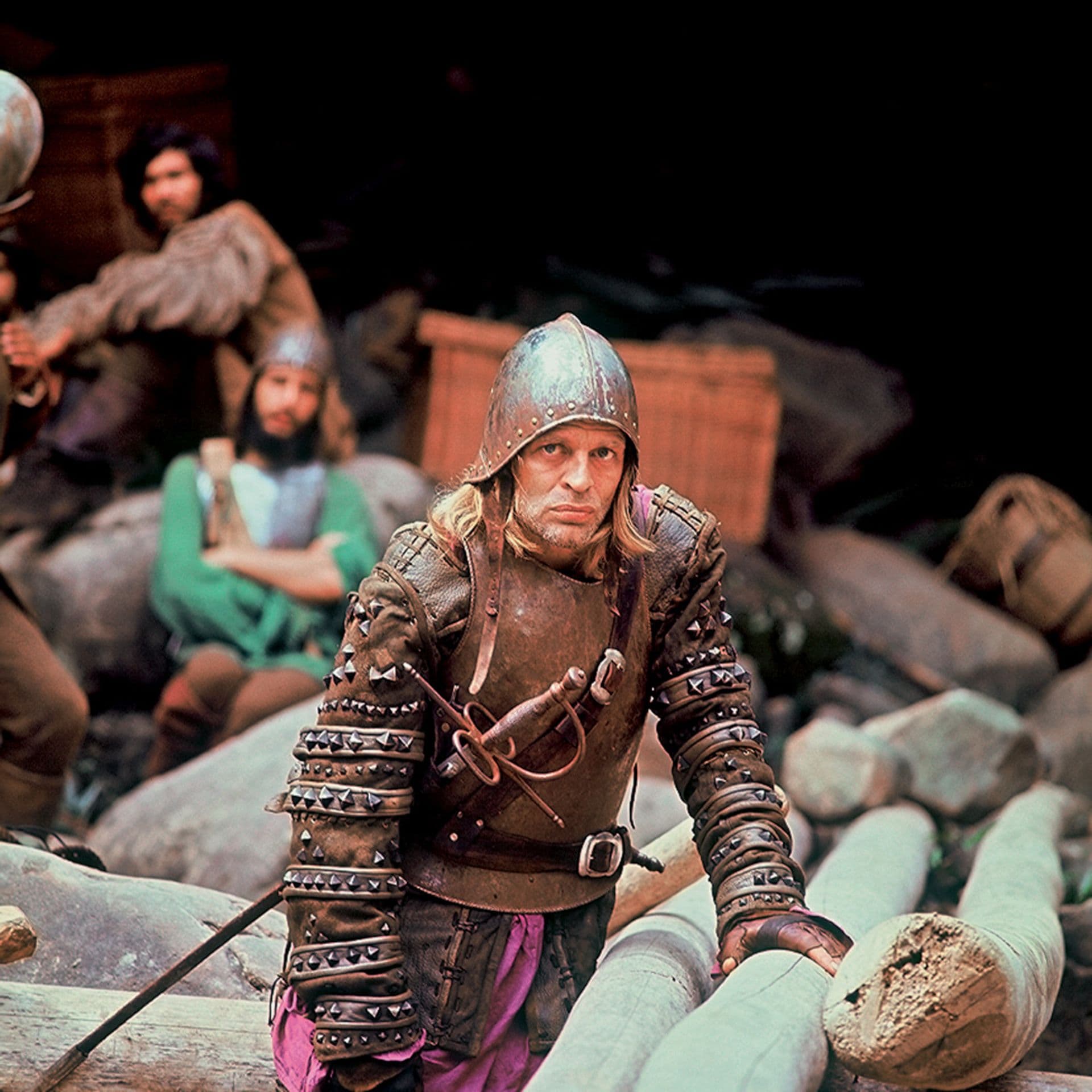
Comments
Loading comments...